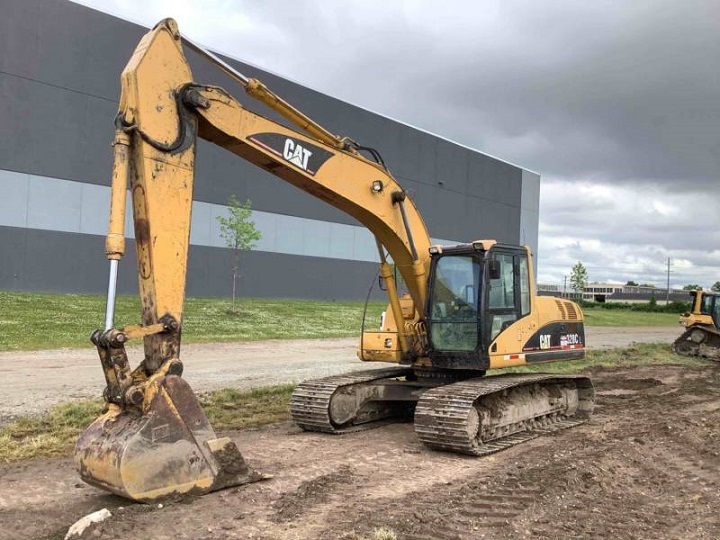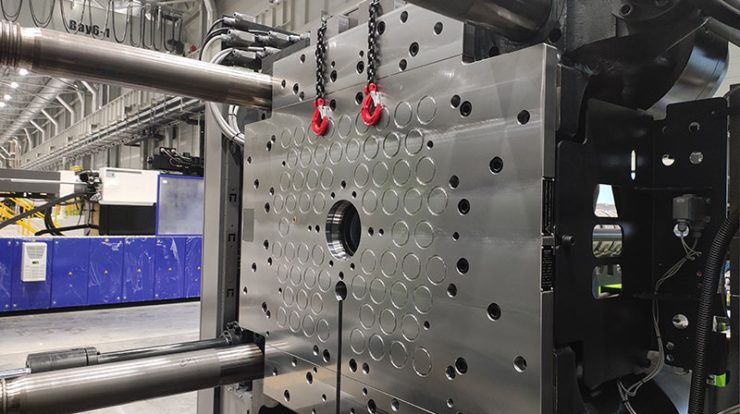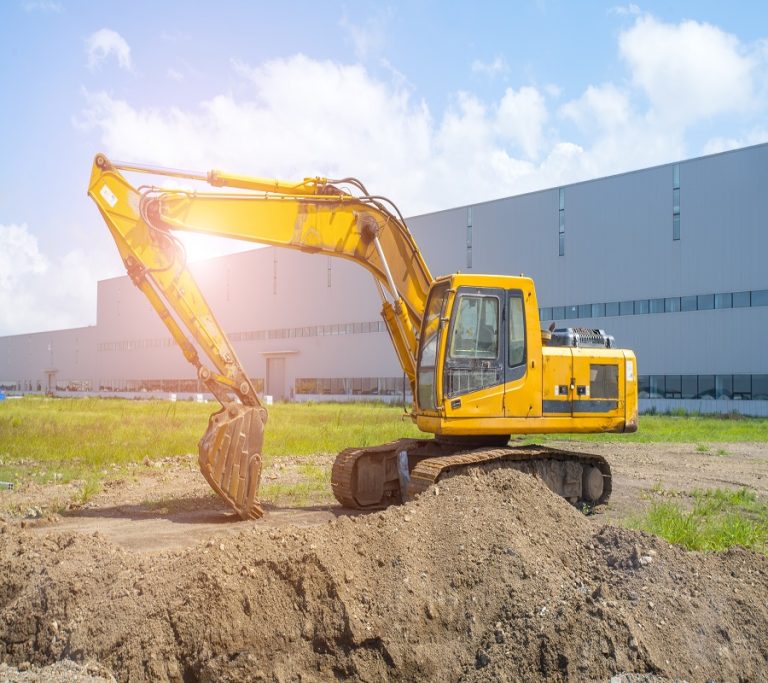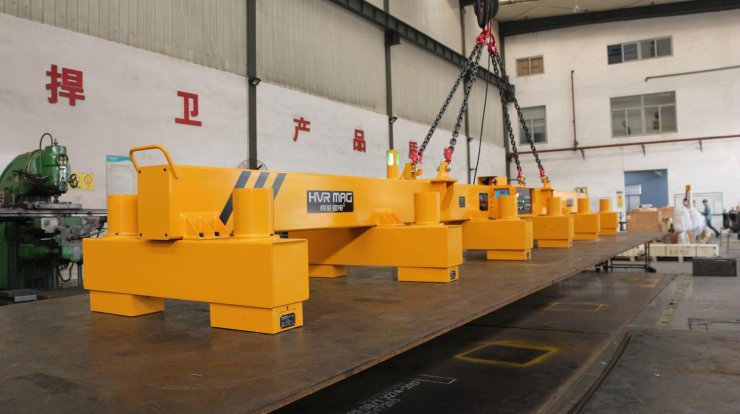The importance of material handling| Excavator magnet
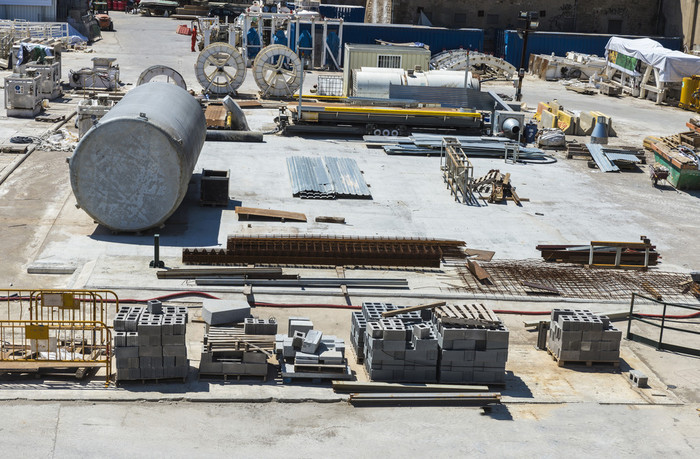

In manufacturing and logistics industries, material handling, is an abstract phrase that has crossed our minds many times. But few of us really take the time to get to the bottom of it. So what exactly is material handling, and why on earth is it so important? The following part is about to go through the definition and importance of it.
What Is Material Handling?
Semantically, material handling is a compound noun, which simply means the handling of materials. The word “handling”, encompasses a series of activities, including loading, unloading, and movement of goods, within a factory or warehouse by the aid of mechanical devices or equipment.
In a broad sense, it also refers to the protection, storage and control of materials and products throughout manufacturing, warehousing, distribution, consumption and disposal. As a process, it incorporates a wide range of manual, semi-automated and automated equipment and systems that support logistics and make the supply chain work.
From a manufacturing perspective, material handling is often considered as a specialized activity for modern manufacturing units. From the time, the input material or raw materials enter the industrial unit and go out of the unit in the form of finished products, these are handled at all stages in between, no matter, on the shop floor or in the stores.
Why Is Material Handling Important?
Reportedly, it has been estimated that the average cost of material handling in manufacturing comes in roughly 30 to 60% of the cost of production in a manufacture unit. As the majority of production time is consumed in handling materials before, during and after the manufacture, this is typically true.
Apart from manufacturing, material handling also plays an important role in logistics. Almost every item of physical commerce has been transported on a conveyor or lift truck or other type of handling equipment in manufacturing plants, warehouses, and retail stores. The importance of it is obvious:
•To improve efficiency of a production system by ensuring the right quantity of materials
•To cut down indirect labour cost
•To reduce damage of materials during storage and movement
•To maximize space utilization by proper storage of materials and thereby reduce storage and handling cost
•To minimize accident during materials handling
•To reduce overall cost by improving materials handling
•To improve customer services by supplying materials in a manner convenient for handling
•To increase efficiency and scalability of plant and equipment with integral materials handling features
To recap, material handling involves everything from delivering the raw materials to the end product out of the factory. As long as through proper selection, operation, maintenance and layout of material handling systems and equipment, companies or factories can benefit a lot from improving customer service, reducing inventory, shortening delivery time, and lowering overall handling costs in manufacturing, distribution and transportation.
People also ask
What materials will excavating hydraulic magnets move?

Excavating hydraulic magnets are primarily designed to move and handle ferrous materials, which are materials that contain iron or are attracted to magnets. This includes various types of metal, such as iron, steel, and cast iron. Hydraulic magnets are particularly effective in lifting and transporting metal scraps, debris, nails, bolts, and other ferrous objects. These magnets are commonly used in construction, demolition, recycling, and waste management industries, where the efficient handling and disposal of ferrous materials are essential for productivity and safety.

